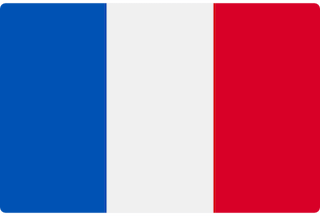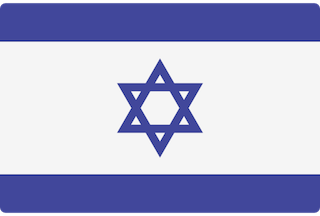History of Israel
Eilat |
|
Population: 50,000 Eilat is the southernmost city of Israel, located in the southern area of Israel. Adjacent to the Egyptian city of Taba and the Jordanian port of Aqaba (formerly Saudi), Eilat is situated at the northern tip of the Gulf of Eilat, which is the eastern coast of the Red Sea (East passage of the Suez Canal). The climate of Eilat is hot and dry as it is located near the deserts of the Negev, Sinai, Arabia, and the Sahara. Temperatures often exceed 35°C, and in winter - 25°C, the two records for Israel which is a relatively hot country. However, the waters of the Red Sea are relatively cool (22°C-25°C) and clean, they are the habitat of a large number of tropical marine species, and the exotic beauty of the landscape surrounding the city makes it one of the most popular tourist attractions in Israel. Eilat is also a port of strategic and economic importance. After the seizure of the Suez Canal by Egypt in 1956, until 1978 when the Camp David Accords led to peace between Israel and Egypt, Israeli ships not having previously the right of passage through the canal. This made Eilat crucial in opening up access for Israel to the markets of East Africa and Southeast Asia, and for the importation of oil. Previously without recourse, Israeli ships had to travel through the Mediterranean and around the Cape of Good Hope to reach Southeast Asia. The population of Eilat includes a large number of foreign travelers, often working in the construction trade. Every year Eilat draws a significant number of Israeli and European vacationers for its beaches and attractions. Points of interest include the Coral World Underwater Observatory, which has a viewing room lost in a coral reef; the coral reserve is a sea nature park visible simply with masks and snorkels and wetsuit rental nearby. The Dolphin Reef, where swimmers can observe dolphins and other sea creatures at hand. Eilat is also a zone of commerce, restaurants, and luxury duty-free shops. ECONOMY Industry and tourism are therefore the main economic activities of Eilat. Oil from Egypt arrives through Eilat which then supplies the refineries of Ashqelon and Haifa. Eilat also has a loading port for the export of minerals extracted from the Dead Sea. The city's main imports include metals, sugar, electronic equipment, and cars from Japan. To stimulate economic activity in Eilat, the Israeli government established it as a free trade zone in 1985, thus eliminating a large measure of taxation on production and trade. Eilat is accessible by air and road from Jerusalem, and direct flights from all major European cities incessantly converge towards the city's small airport. |


 Faire son crédit en FRANCE ?
Faire son crédit en FRANCE ? Faire son crédit en ISRAËL ?
Faire son crédit en ISRAËL ?



